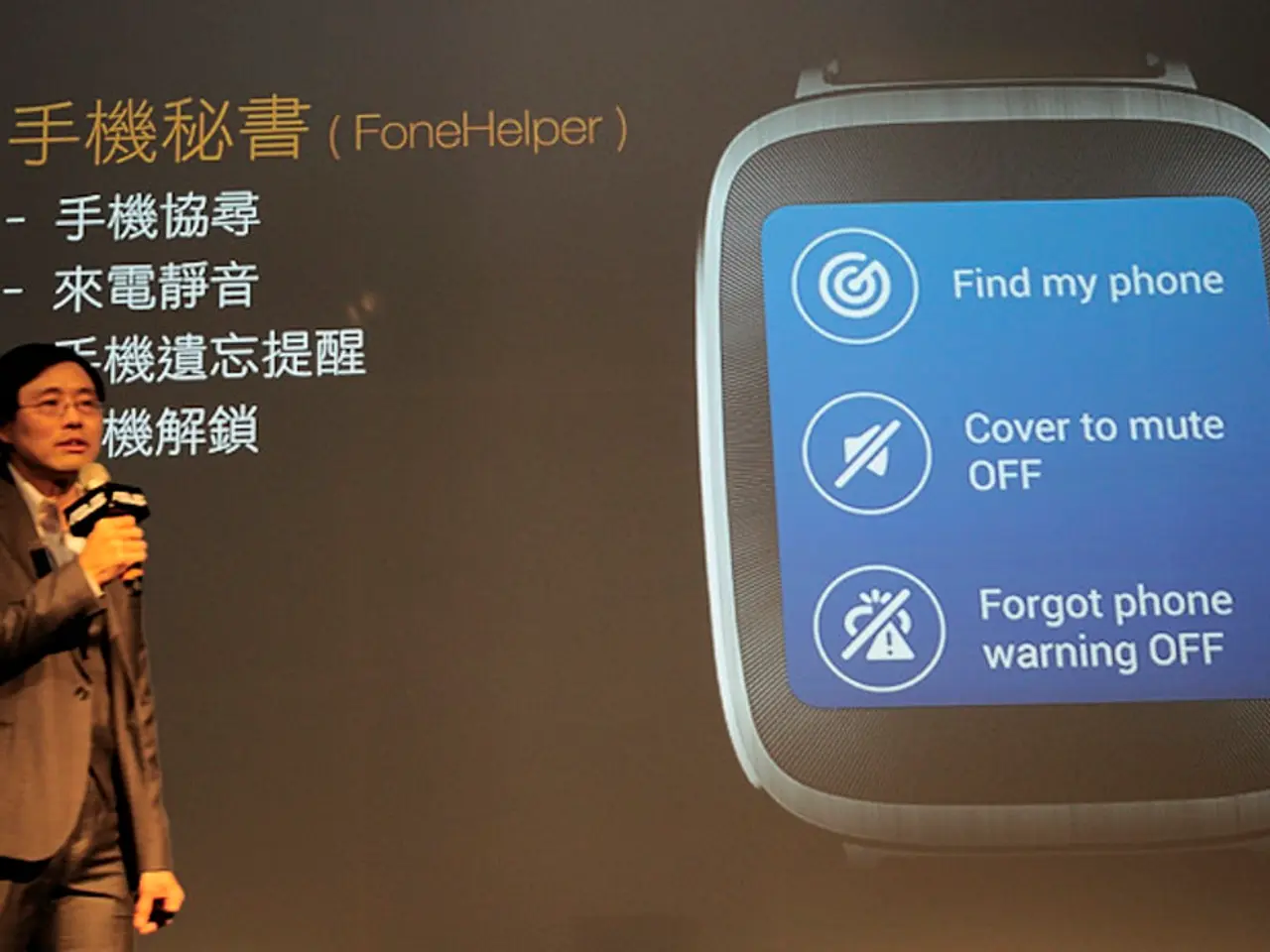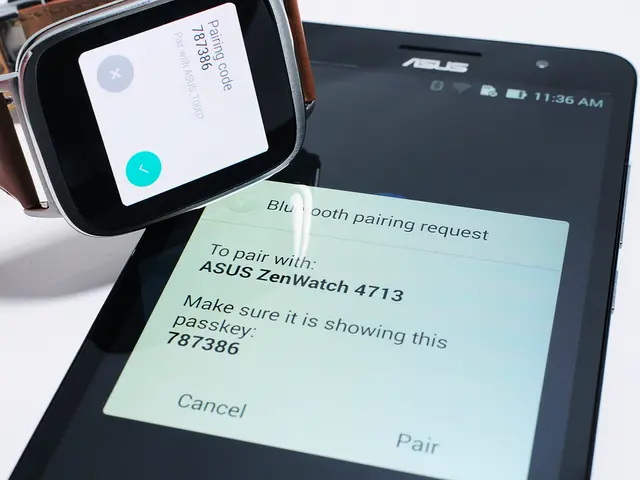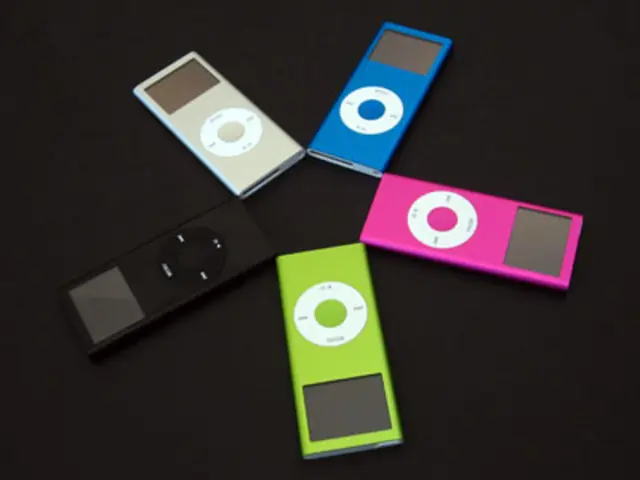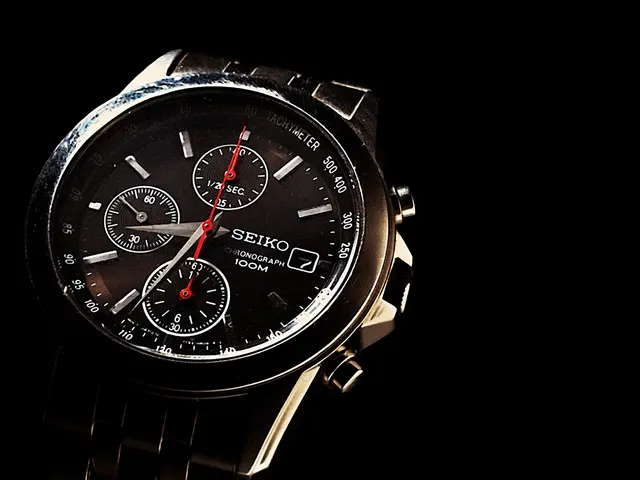The phase of smartphones is concluding
The world of personal technology is on the brink of a significant transformation, as programs and familiar interfaces take a backseat to make way for new wearable devices. This shift is echoed in the predictions surrounding the latest announcements of new iPhones, which hint at radical changes in our personal devices.
At the forefront of this revolution is startup Limitless AI, developing wearable "recorders" that not only record conversations but also serve as personal AI assistants. These devices are expected to become a common sight, automating various tasks and assisting users in their daily lives.
Smartwatches are also set for a reimagining, with AI devices on the wrist taking over the role of tracking tasks and offering assistance. Companies like Google, Meta, and Amazon are all involved in the development of AI-enabled wearable gadgets, while Amazon and Panos Panay are promoting the concept of AI devices integrated into homes and worn on the body as the future of personal technology.
However, this shift towards always-active AI devices has raised concerns about privacy issues. Experts have highlighted the potential for misuse of personal data, particularly in office settings where the control of such data is partially in the hands of employers.
Meta, for instance, is working on a new generation of Ray-Ban Smart Glasses, featuring a neural wristband, Heads-up Display, longer battery life, improved camera quality, and horizontal photo/video capture, among other features. Google, on the other hand, is developing new Pixel devices, including four Pixel smartphones, a new Pixel Watch 4, improved Pixel Buds, and AI-enhanced audio and camera functions, such as up to 100x zoom and brighter displays. These products are based on the new Tensor G5 processor and the AI platform Gemini Nano.
Google and Meta are also developing prototypes of glasses with screens for displaying digital notes and prompts. Yet, the mass rollout of display-equipped glasses is currently delayed due to weak batteries and design complexities.
As the future of personal devices becomes increasingly interconnected, the smartphone may no longer be the central device. Instead, it is expected to become just one element of this system, working in harmony with a symphony of wearable gadgets, all unified by AI.
This transformation promises to make our lives easier and more efficient, but it also raises important questions about privacy and the control of personal data. As always, it is crucial for users to stay informed and make conscious decisions about their technology choices.
Read also:
- Latest Updates in Autonomous Vehicle Sphere: Qualcomm, BMW, Waymo, Carteav, AEye, Flasheye, Pony.ai, Mowasalat, Valeo, Momenta, and NHTSA under the spotlight
- Celebratory event showcases stunning Arabian Salukis, highlighting United Arab Emirates' rich cultural history in canine breeds
- Organic Mattress by Essentia Stratami: Optimal Choice for a Comfortable Sleep Experience
- Bountiful Yielding Nilgiri Khapli (HW 1098): Resistant to Diseases, this Dicoccum Wheat Boasts a Strong Market Appeal








